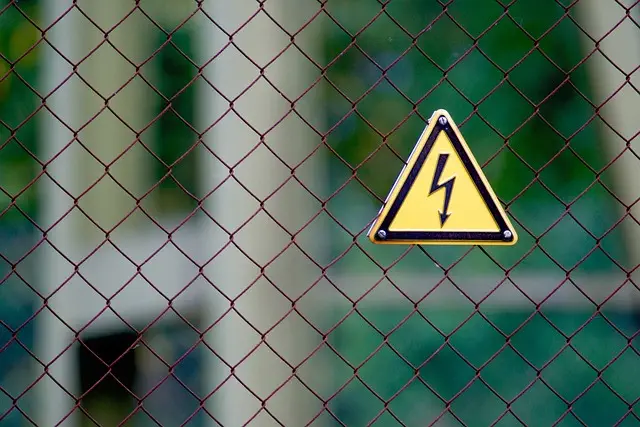Kratom, a Southeast Asian herb (Mitragyna speciosa), is popular for pain and muscle soreness relief due to its unique alkaloids interacting with opioid receptors. In New Jersey, kratom usage is generally legal for adults but subject to complex state and local regulations. The federal government has not imposed restrictions on all kratom varieties, leading to varying legal interpretations across municipalities. Staying informed about the current legal status is crucial to avoid legal issues. Kratom offers a natural solution for muscle soreness when combined with practices like warm baths, topicals, stretching, and yoga.
“Experience swift relief from muscle soreness with the natural power of kratom. This ancient herb, gaining modern popularity, offers a unique solution for aching muscles. In this comprehensive guide, we explore how kratom interacts with your body to alleviate pain and its potential as a legal alternative in New Jersey.
‘Is kratom legal in New Jersey?’ is a question on many minds. We navigate the state’s regulatory landscape, ensuring you have all the information needed to make informed choices. Discover effective strategies for managing muscle soreness using this versatile herb.”
- What is Kratom and How Does it Work for Muscle Soreness?
- Is Kratom Legal in New Jersey? Exploring the Legal Landscape
- Effective Strategies for Relieving Muscle Soreness with Kratom
What is Kratom and How Does it Work for Muscle Soreness?
Kratom, scientifically known as Mitragyna speciosa, is a plant native to Southeast Asia that has gained popularity for its various medicinal properties. This herb has been used traditionally for centuries and is now widely recognized for its potential benefits in pain management. When it comes to muscle soreness relief, kratom stands out due to its unique bioactive compounds called alkaloids. These alkaloids interact with the body’s opioid receptors, offering a soothing effect on muscles and reducing discomfort associated with exercise or physical strain.
The mechanism of action involves kratom’s ability to inhibit certain enzymes responsible for pain transmission in the body. By blocking these pathways, it can provide a natural and effective remedy for muscle aches without the side effects often associated with over-the-counter pain medications. As for legality, kratom’s status varies across regions, including New Jersey, where it is currently legal for adult use, making it accessible to those seeking alternative solutions for managing muscle soreness.
Is Kratom Legal in New Jersey? Exploring the Legal Landscape
In New Jersey, the legality of kratom remains a nuanced topic. While some forms of kratom are classified as controlled substances under state law, the federal government has yet to place restrictions on all varieties. This creates a complex legal landscape for residents seeking muscle soreness relief through kratom use. It’s important to note that what is considered legal can vary significantly between municipalities within New Jersey.
Some areas may have more lenient interpretations of the law, allowing for certain types of kratom products to be sold and consumed, while others may strictly prohibit them. Individuals interested in using kratom for muscle soreness relief should familiarize themselves with both state and local regulations. Staying informed about the legal status of kratom in New Jersey is crucial for ensuring compliance and avoiding potential legal repercussions.
Effective Strategies for Relieving Muscle Soreness with Kratom
Kratom, a natural herb gaining popularity for its diverse medicinal properties, offers promising relief from muscle soreness. Its unique opioid-like compounds interact with your body’s pain receptors, making it an effective remedy for post-workout or sports-related muscle aching. One of the key advantages is that kratom is relatively safe and legal in many states, including New Jersey, where its use has not been restricted. This accessibility makes it a convenient option for those seeking natural solutions to manage discomfort.
For optimal results, consider combining kratom with other soothing practices. Taking a warm bath or using kratom-infused topicals can enhance its effectiveness. Additionally, light stretching and gentle yoga sessions post-exercise can aid in recovery while reducing muscle tension. Combining these strategies ensures a multi-faceted approach to alleviating muscle soreness, providing both short-term relief and long-term benefits for active individuals.
Kratom has shown promise as a natural remedy for muscle soreness, offering a unique approach to relief. However, it’s crucial to consider the legal status of kratom in your region, particularly in New Jersey, where regulations vary. Before using kratom for muscle soreness, ensure you understand the local laws to avoid any legal pitfalls. With proper guidance and responsible use, kratom could be a game-changer for those seeking natural solutions to manage discomfort associated with muscle soreness.






